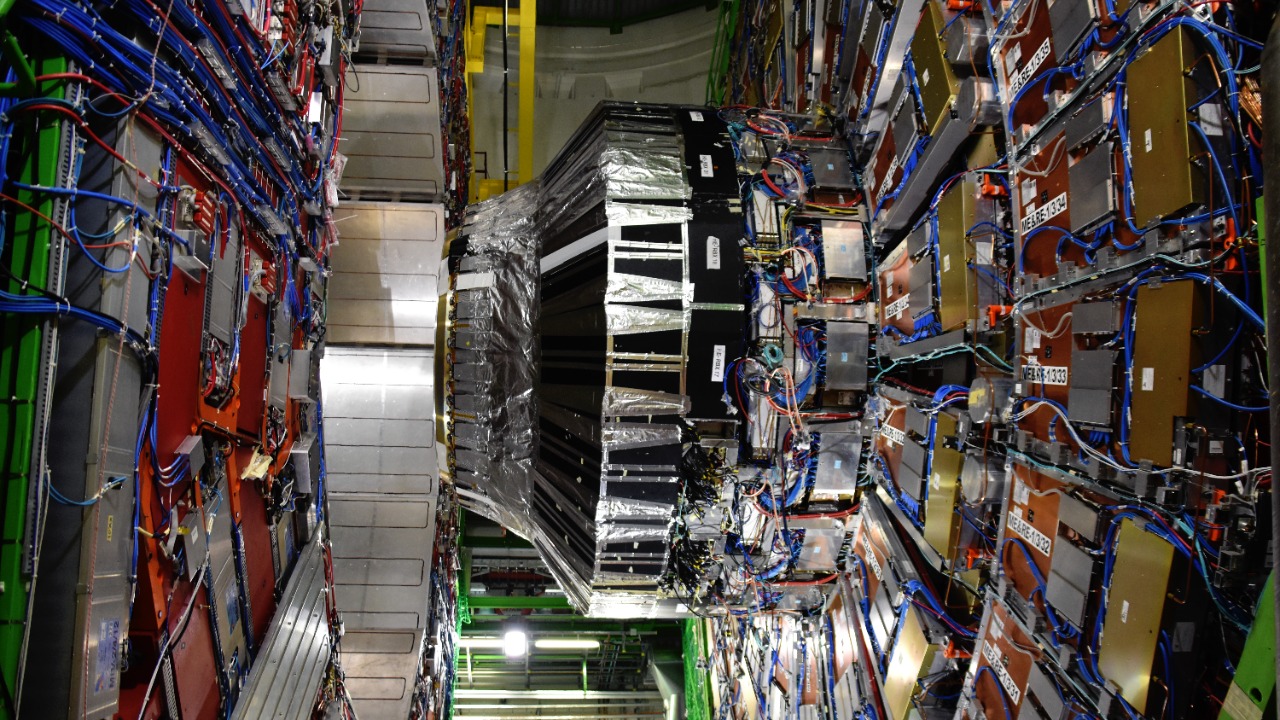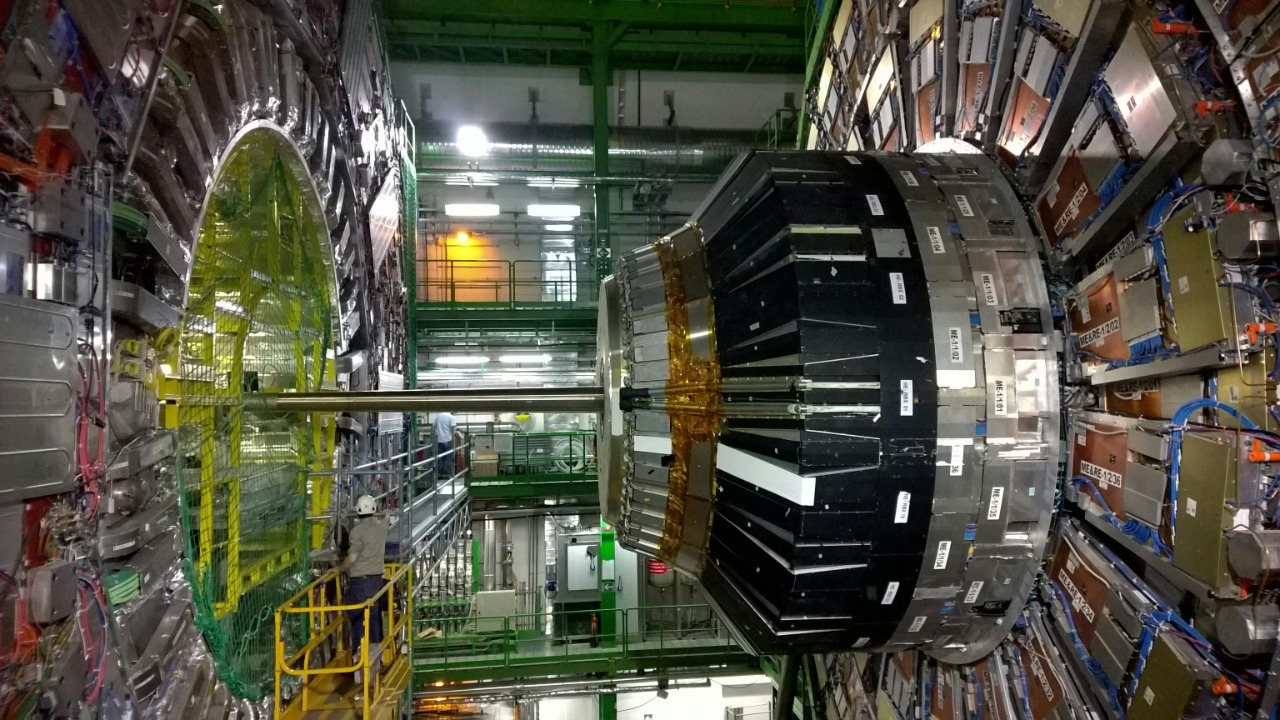In an unexpected twist of fate, scientists at CERN’s Large Hadron Collider (LHC) have stumbled upon a modern-day alchemical miracle by accidentally transforming lead into gold. This serendipitous discovery occurred while simulating conditions of the Big Bang, opening up exciting discussions around particle physics and the potential for future advancements.
The Science Behind the Big Bang Simulation

The Large Hadron Collider (LHC) is the world’s largest and most powerful particle accelerator, playing a pivotal role in the field of particle physics. Nestled beneath the France-Switzerland border, the LHC was designed to collide particles at incredibly high speeds, effectively recreating the conditions of the early universe mere moments after the Big Bang. These high-energy collisions provide scientists with a unique opportunity to observe the fundamental particles and forces that constitute the universe.
By simulating the Big Bang, researchers aim to unravel the mysteries surrounding the origin of the universe. The goal is to explore the fundamental particles and forces that emerged during the universe’s infancy. Through these experiments, scientists can gain deeper insights into the conditions present at the universe’s inception, ultimately broadening our understanding of everything from dark matter to the Higgs boson.
The Accidental Alchemy: Lead to Gold Transformation

The accidental transformation of lead into gold at the LHC occurred during a series of experiments designed to mimic the Big Bang. In these experiments, ions of lead were accelerated to near-light speeds and collided with unprecedented energy levels. What was initially a routine experiment took an unexpected turn when researchers identified traces of gold among the collision byproducts, a result that left the scientific community astounded.
The transformation of lead into gold can be attributed to nuclear reactions that occur under extreme conditions. While such transformations are theoretically possible, they are exceptionally rare in nature due to the immense energy requirements. The discovery at the LHC underscores the potential for advancing our understanding of nuclear processes and exploring the feasibility of such alchemical transformations in controlled environments.
Implications for Modern Science and Technology

This groundbreaking discovery holds significant implications for modern science and technology. In the realm of materials science, the ability to transform one element into another could revolutionize the development of new materials with unique properties. This discovery could potentially lead to advancements in industrial processes, impacting everything from electronics to aerospace engineering.
Beyond the practical applications, the transformation from lead to gold invites reflection on the ethical and philosophical considerations of scientific advancement. Historically, alchemists pursued the elusive goal of turning base metals into gold, a pursuit now realized in the realm of modern science. This achievement challenges our understanding of matter and transformation, prompting broader discussions about humanity’s quest for knowledge and the inherent value we assign to different elements.
Challenges and Future Prospects

Despite its potential, harnessing the discovery of lead-to-gold transformation presents significant technical and practical challenges. The energy requirements for such nuclear reactions are immense, raising questions about the feasibility of scaling this process for practical applications. Additionally, the technological limitations and costs associated with replicating these conditions on a larger scale must be carefully weighed against potential benefits.
Looking ahead, this discovery opens new avenues for future research in particle physics. The unexpected results raise intriguing questions about the fundamental nature of matter and the possibilities for further breakthroughs. As scientists continue to explore these phenomena, they may uncover new insights that could reshape our understanding of the universe and its building blocks.
Public Perception and Media Response

The discovery at the LHC has been met with a mix of excitement and skepticism within the scientific community. Peer reactions have highlighted the significance of these findings, with many researchers keen to explore potential collaborations and design future experiments that could further elucidate the mechanisms behind the transformation. The scientific community recognizes the importance of this breakthrough, acknowledging its potential to redefine certain aspects of nuclear physics.
In the realm of public perception, the media has covered the story with great interest, drawing parallels with the ancient pursuit of alchemy. This modern twist on an age-old quest has captivated the public imagination, sparking renewed interest in particle physics and the possibilities it holds. As more people become engaged with these scientific advancements, the broader public understanding of complex concepts like nuclear reactions and particle collisions is likely to deepen.